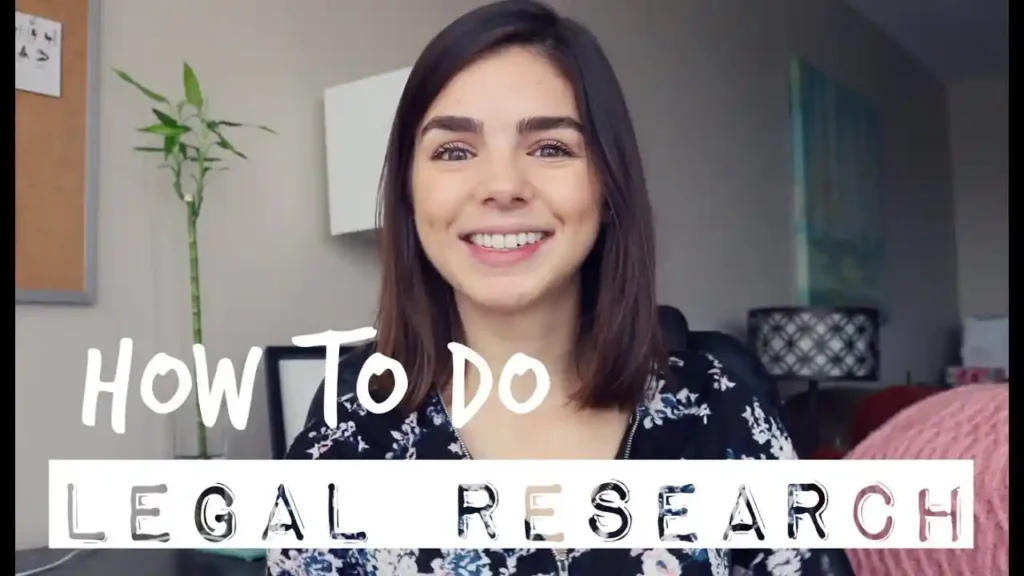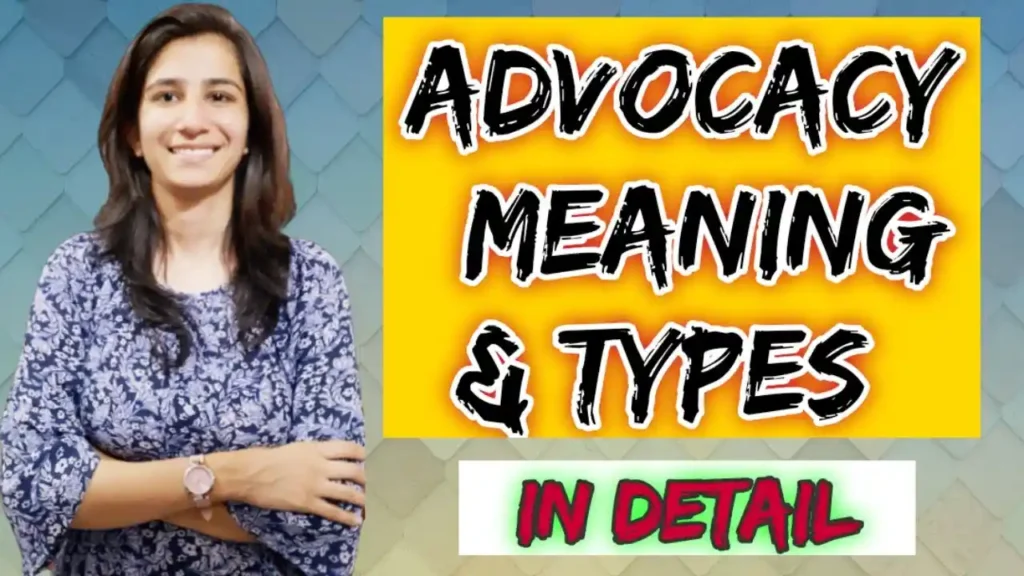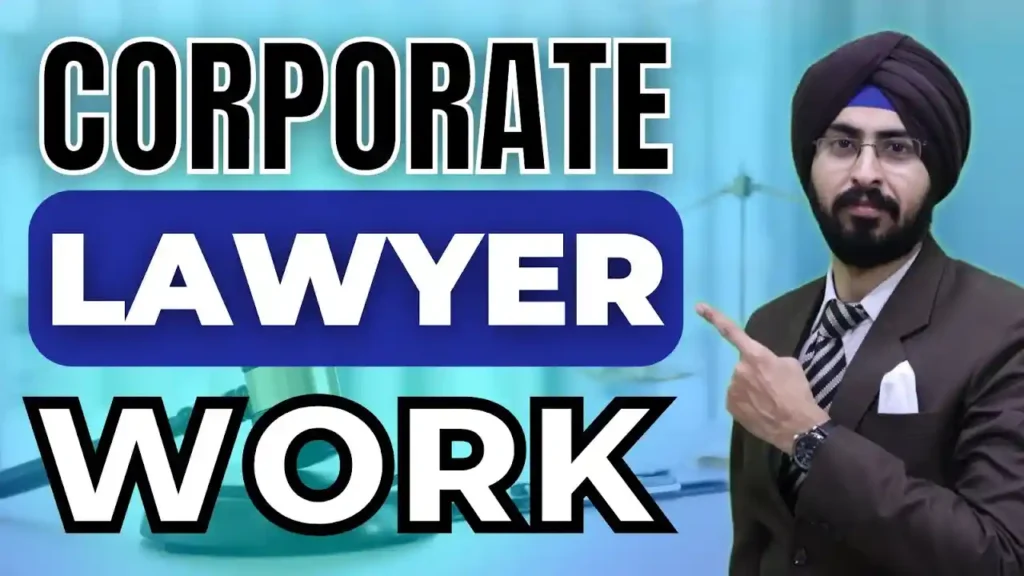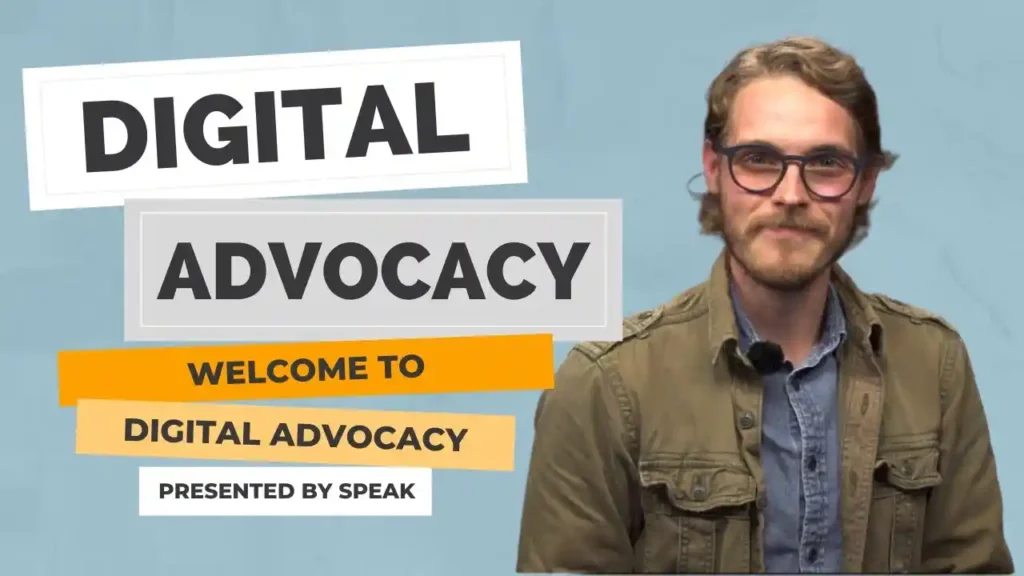Are You Seeking Effective Solutions and Achieve Advocacy Goals? Finding an Advocacy Agency Can Be Game-Changer! Finding an advocacy agency will give you access to expertise, resources, and support necessary for amplifying your voice and creating real change. In this comprehensive guide we’ll walk through how to find one and let’s get going!
Define Your Advocacy Goals and Needs
Before embarking on your search for an advocacy agency, it is crucial that you have a firm grasp on your advocacy goals and needs. This step serves as the cornerstone of your search and ensures you find an agency that fulfills all your objectives. Here is how you can effectively define these criteria:
Discover Your Passion and Cause
Commence by reflecting on what issues or causes ignite your passion. Which areas of social, environmental, or political change do you care deeply about – human rights, climate change, healthcare reform, education equity or any other cause may pique your interest. By recognizing your passions you can focus your efforts on finding agencies who specialize in your specific area.
Define Your Advocacy Objectives
Once you’ve identified your passion, the next step should be defining your advocacy objectives. What specific outcomes do you hope to accomplish through your advocacy efforts? Are they policy changes, raising public awareness or mobilizing communities? Clearly stating your objectives will aid in your search for an agency with the knowledge and expertise to meet them effectively.
Assess Your Needs of Assistance
Advocacy covers a broad spectrum of activities, spanning research and lobbying to public relations and grassroots organizing. Determine what support you require for your advocacy campaign: are you searching for an agency with all-around capabilities, or just need specific help for one aspect? Understanding your support requirements will enable you to identify companies with appropriate skill sets and resources.
Consider Your Target Audience and Reach
Consider who it is you wish to reach with your advocacy efforts – policymakers, the general public, certain communities or a combination thereof? By understanding who your intended target audience and which agency has experience reaching and engaging them effectively, then find one which has demonstrated impactful campaigns as well as tailored messages tailored specifically for different demographics.
Determine Your Advocacy’s Timeline and Scale
Consider both the timeline and scale of your advocacy efforts when planning them. Are you seeking short-term campaigns or longer-term initiatives with local, national, or international impact? Having this understanding will enable you to find an agency with enough capacity and resources to meet your advocacy goals effectively.
By taking the time to identify and articulate your advocacy goals and requirements, you can ensure success in finding an agency that shares your passion while possessing the experience to create real change. Clarify your goals to find one that can help you win!
Research and Identify Advocacy Agencies

Once you understand your advocacy goals, the next step should be identifying potential advocacy agencies that specialize in your area of interest. This step allows you to explore various options and find agencies with expertise, experience, and resources necessary for supporting your advocacy efforts. Here are a few strategies for conducting your search:
- Online Research:
To conduct thorough online research, harnessing the internet is key. Search engines provide an easy way to quickly locate advocacy agencies relevant to your cause using keywords relevant to it; once found, visit each potential agency website to learn about its mission, vision, services offered, past campaigns as well as blog posts, case studies or success stories providing more insights into their approach and impact. - Social Media Platforms:
Social media platforms provide a convenient means of connecting with like-minded individuals as well as discovering advocacy agencies. Search hashtags related to your cause or join groups/communities dedicated to it; engage in discussions and seek recommendations from fellow advocates who may have worked with reputable agencies; follow potential agencies on social media so as to gain an idea of their activities, campaigns, and overall engagement efforts.
- Online Directories and Listings:
Utilize online directories and listings dedicated to advocacy agencies. These platforms offer carefully curated lists, making it easier for you to locate organizations that align with your cause. In particular, explore directories specific to your country or region in order to discover local agencies with greater awareness of local context who can effectively navigate local advocacy landscapes.
- Network and Solicit Recommendations:
Utilize your network in the advocacy community. Reach out to other advocates, community organizations or experts in your field and request recommendations of advocacy agencies that have expertise working with advocacy services – they may offer insight into their strengths, weaknesses and overall performance – making their advice invaluable in finding agencies with great reputations and proven success histories.
- Attend Events and Conferences:
Participate in advocacy-related events, conferences, or workshops. Such gatherings typically bring together professionals, activists, and organizations working in advocacy. Utilize networking opportunities to connect directly with advocacy agencies; attend agency-led sessions or workshops for deeper insight into their expertise and approach; engaging directly with agency representatives can give valuable insights that may help determine whether their support matches your advocacy goals.
Remember, research is vitally important as it allows you to gain information and form a list of potential advocacy agencies. Spend your time investigating different avenues, gathering as much data as possible and noting any that stand out for you – later we’ll go back and compare and assess them before making our informed decision.
Evaluate and Compare Advocacy Agencies

Once you have identified potential advocacy agencies, it’s essential to compare and assess them to find the one best suited to meet your needs. This step entails reviewing each firm’s expertise, resources, values and reputation against your advocacy goals and to make an informed decision during this step of evaluation. Here are some key factors you should keep in mind during the comparison process:
- Experience and Knowledge: Evaluate an agency’s expertise and experience in your specific advocacy area. Search for agencies with proven success advocating on similar causes as yours; examine their campaigns, projects or initiatives to evaluate effectiveness and impact; ascertain if they possess sufficient knowledge, skills and networks that support your goals; an experienced partner can offer invaluable guidance in this area of advocacy.
- Resources and Capacity: Determine whether an agency has sufficient resources and capacity to effectively support your advocacy efforts. Take into account factors like their size of staff, budget and funding sources, technology tools available at their disposal and if they can conduct research, conduct outreach campaigns, develop communication strategies or offer logistical support – adequate resources are essential in running successful advocacy campaigns.
- Values and Align: Be sure that the agency values align with yours. Look for agencies that share your passion for the cause while adhering to principles that drive advocacy work. Review mission/vision statements/code of ethics statements or guiding principles statements to evaluate whether their values match up with yours; this will promote better partnership relationships while assuring your advocacy efforts are in alignment with core beliefs.
- Reputation and Credibility: Investigate an agency’s reputation within the advocacy community by searching their website for testimonials, case studies or client lists; seeking reviews or feedback from individuals or organizations that have worked with them before; taking into account any awards, recognitions or partnerships they’ve earned as these can indicate credibility and quality of work; being aware that reputable agencies with positive reputations tend to deliver results more reliably than unreputable ones.
- Approach and Strategies: Understand an agency’s approach and strategies when it comes to advocacy. Take note of their methodologies, frameworks or models they utilize for their work and determine whether they align with your own vision and preferred strategies. Look for innovative, adaptable agencies who welcome collaboration; they should be capable of tailoring their strategies specifically to your advocacy goals while being adaptable enough to adjusting according to changing conditions.
- Client References: Before choosing an agency, request client references from them and get feedback on their experience working together with the agency in terms of responsiveness, communication style, goal attainment effectiveness and overall satisfaction. Client references provide invaluable insights into an agency’s performance that will allow you to make more informed decisions.
By carefully considering and comparing advocacy agencies based on these criteria, you can identify an agency that best matches your needs and can assist in reaching your advocacy goals. This step ensures you form a partnership with one that is trustworthy, capable, and aligned with your values; in the next step we will discuss engaging in dialogue with agencies to further evaluate them for suitability.
Engage Advocacy Agencies for Counsel

Engaging in dialogue with advocacy agencies is an integral component of your selection process. Dialogue allows you to have direct discussions with them, pose specific questions and gain deeper insights into their capabilities and approach. Here are some strategies for initiating this discussion with advocacy agencies:
Reach Out and Schedule Initial Meetings or Calls: Connect with each agency on your shortlist and arrange initial meetings or calls with them in order to discuss your advocacy goals and needs. Take this chance to introduce yourself, express your vision, learn more about their services, approach, and capabilities. Additionally, prepare a list of questions focusing on areas such as their experience, strategies used, how they see supporting your advocacy goals etc.
Introduce Your Advocacy Brief: Create an advocacy brief outlining your goals, objectives, target audience and desired outcomes before approaching agencies for assistance. Sharing this brief will allow them to understand more of your advocacy requirements as well as assess if they possess the expertise and capacity needed to assist effectively.
Discuss Past Projects and Case Studies: Begin a dialogue about past projects and case studies relevant to your advocacy area, asking specific examples of their work, challenges encountered and outcomes achieved. By doing this you will gain an idea of their experience, creativity and problem-solving abilities as well as their approach and strategies in adapting campaigns for different environments.
Search for Insights into Collaboration and Partnership: It is important to inquire into an agency’s approach to collaboration and partnership. Consider their client involvement process, communication methods and feedback handling as well as handling input from them directly. A transparent working relationship is key to any successful advocacy campaign so it’s vitally important that they’re willing to collaborate closely.
Assess Communication and Reporting Practices: Discuss communication and reporting practices of the agency you’re considering hiring, such as their frequency and format of progress reports; their methods for evaluating impact of advocacy efforts, as well as keeping clients updated about campaign performance. Timely communication between you and the agency is essential in building strong partnerships and engaging actively in advocacy processes.
Assess Team Dynamics and Availability: During your dialogue, evaluate an agency’s team dynamics and availability. Ask about key team members that will work on your advocacy campaign as well as their relevant experience, discuss workload and availability to make sure that sufficient time and resources can be dedicated towards supporting your cause, and evaluate workload and availability to make sure a dedicated and cohesive team can aid your advocacy efforts successfully.
Budget and Contractual Terms: Discuss an agency’s fee structure, budget requirements and contractual terms carefully in order to make sure their financial expectations fit within your budgetary constraints. Also clarify any additional costs such as travel expenses or third-party services which may arise as well as review any proposed contracts carefully with regard to scope of work, deliverables timelines and termination clauses before finalizing your decision.
Engaging with advocacy agencies allows you to obtain more information, clarify any ambiguity and assess their compatibility with your advocacy goals. Engaging in conversation with multiple agencies allows for valuable insight into each agency’s approach, communication style and suitability for your needs – helping you make an informed decision and selecting one which aligns most closely with your vision and requirements.
Select and Work With an Advocacy Agency

After reviewing several advocacy agencies and engaging in dialogue with them, the next step should be making your selection: selecting an agency that fits best with your advocacy goals and then forging an alliance to ensure its success. Here are some steps you should follow to do this:
- Confirm Your Agreement: Once You Have Decided:
To finalize your selection, reach out to your advocacy agency of choice to confirm and negotiate the contractual terms, such as scope of work, deliverables timelines and financial arrangements. Ensure both parties understand their agreements as written contracts are signed to ensure all are bound by them and signed legally binding contracts or agreements exist between both parties. - Define Roles and Responsibilities:
Establish the roles and responsibilities for both your organization and advocacy agency, outlining what tasks, activities and deliverables they are each responsible for – this may include who provides necessary information, leads specific initiatives or manages certain aspects of an advocacy campaign. Establishing clear roles and responsibilities will facilitate smooth collaboration while guaranteeing accountability.
- Set Up Communication Channels:
Establish clear communication channels between your organization and the agency, including choosing preferred modes such as email, telephone calls, or project management tools. Appoint key contacts on both sides who will serve as facilitators to facilitate communication and address any questions or concerns that arise during collaboration. Regular and open dialogue are crucial components of a successful partnership relationship.
- Provide Information that Is Beneficial:
Provide your advocacy agency with all of the information they require to effectively understand and support your advocacy goals. Share any research, data or documents that shed light on the issue you’re advocating for; including information about target audiences, stakeholders and existing advocacy campaigns or efforts – the more information an agency has, the better they can tailor their strategies according to your unique requirements.
- Collaborate on Strategy Development:
Team up with an agency to craft a comprehensive advocacy strategy. This may involve brainstorming sessions, workshops, or collaborative meetings where both you and the agency share expertise. With their experience and knowledge on board, an agency can refine your plan further while helping identify target audiences, develop key messages, and find the most efficient advocacy tactics – ensuring your campaign aligns with your vision while optimizing its impact.
- Track Progress and Offer Input:
Establish milestones or checkpoints to evaluate and make necessary adjustments, while engaging in open dialogue with the agency throughout the collaboration, sharing thoughts, concerns and suggestions along the way. This iterative feedback process will ensure your campaign stays on course to meet its desired results.
- Evaluate and Celebrate Successes:
At the conclusion of your collaboration, assess and assess your advocacy campaign’s success and impact. Review any goals or objectives set at the start and determine if they were met, gather feedback from stakeholders or target audiences, celebrate successes achieved by both your organization and advocacy agency, celebrate milestones reached together, acknowledge efforts of both entities involved, and reflect upon lessons learned for future advocacy endeavors.
Finding an advocacy agency and forming a productive working relationship are keys to successfully amplifying your advocacy efforts. Clear communication, shared responsibilities and regular feedback are essential in building an effective partnership; working together you can drive change that makes a real difference on issues you care about.
By understanding your goals, conducting thorough research, evaluating agencies, engaging in dialogue with them and considering funding options before making an informed decision, you are on your way to finding a reputable partner that will amplify your voice and bring about positive change. Advocacy can be challenging work; with the right agency by your side you can make lasting change! Good luck on all of your advocacy endeavors!


Leave a Reply